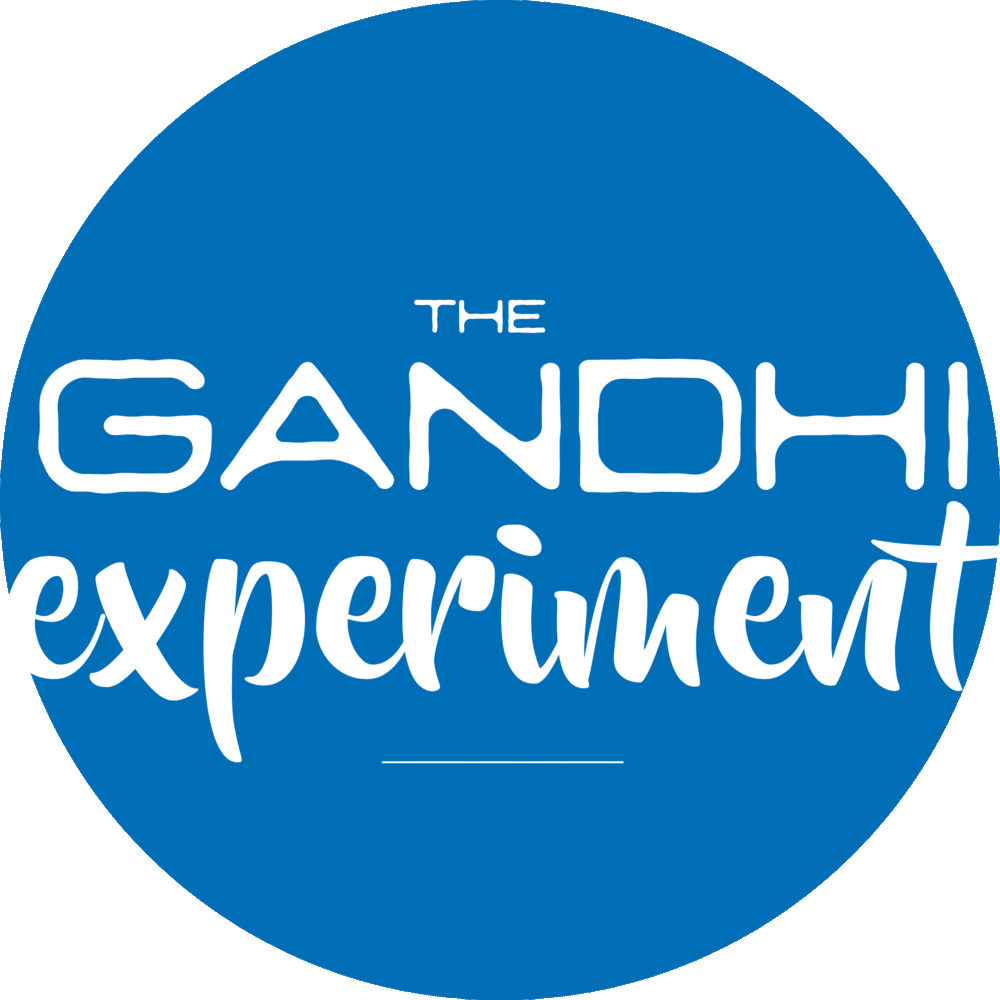NB: Photo of happy teenagers taken by me on my last visit to China in 2018
A few weeks ago I ran my 'Global Citizenship – It Starts with us!' workshop online for over 260 teenagers in China. I had been wondering what they would know and feel about Global Citizenship as a concept. Their immediate responses showed me they are aware, awake and stepping up to be humanitarians.
Their deep concerns were for our planet. "That everyone should take real measures to help others no matter who and where they come from." That "We need to take responsibility for our environment." And that "Global Citizenship is a hope for the future."
We agreed to have open and courageous conversations. They told me of their fear of being blamed for Coronavirus. They were well aware of the racism already billowing. It is terribly unfair to subject teenagers to such degradation. I invite you if you ever hear racist comments, to stop them in their tracks immediately.
These teens spoke about the wet markets. They understood the danger. I taught them two new words: Ahimsa – 'non-violence and respect for all living things' and 'specie-ism' – pertaining to the arrogance of humans to all other species on our planet. We shared ideas on how we could change our attitudes, to create a greater humanity. One we can be proud of.
I have come away with such respect and hope for what these young people can achieve. I am proud of their intentions and willing to support them as they move forward. I hope you are too.
“ That everyone should take real measures to help others no matter who and where they come from. ”
Cheery blessings,
Marg
Margaret Hepworth teaches Global Citizenship and Non-Violence to young people in schools and youth forums.
She can be contacted on margaret@margarethepworth.com
www.margarethepworth.com




